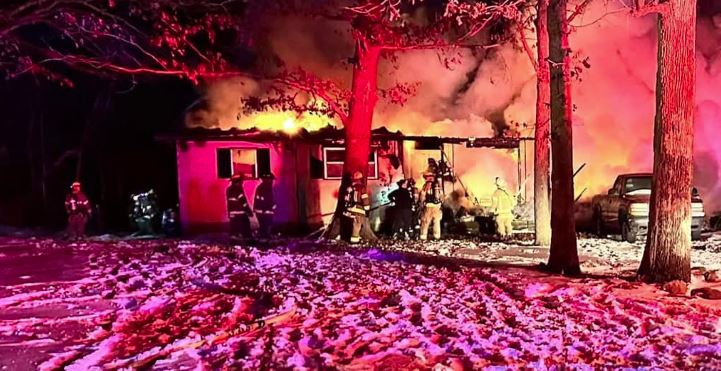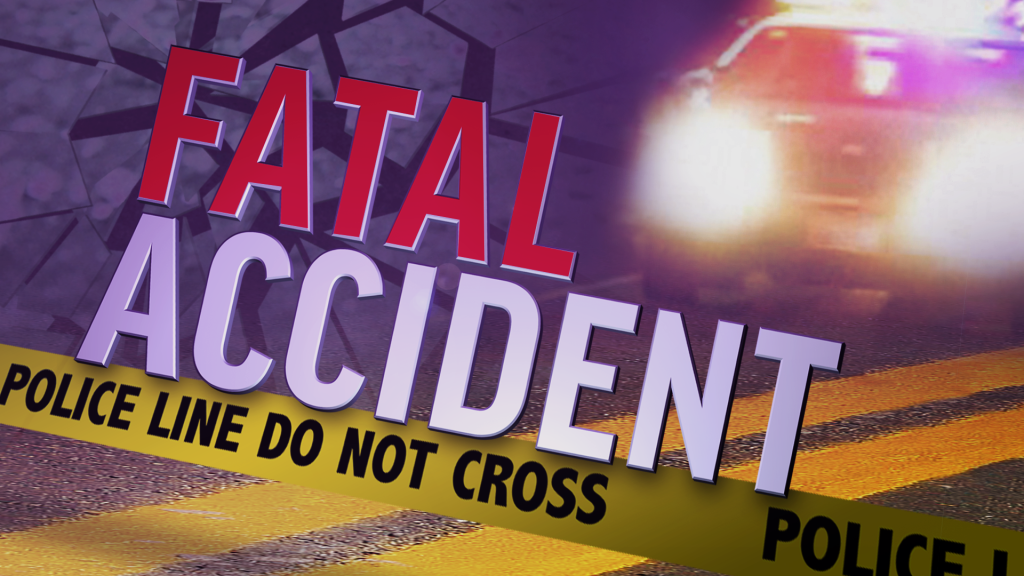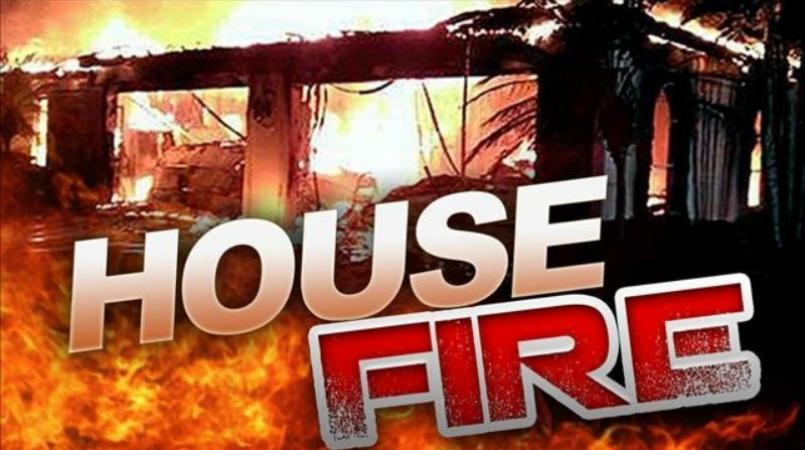First Responder Disability Awareness Training Now Being Offered On-line & Free Of Cost For Missouri Agencies
First responder disability awareness training is now being offered online and free of cost for emergency medical services across Missouri.
The training, which is a cooperative effort between the Missouri Developmental Disabilities Council and Niagara University, includes the definitions of disabilities, people first language, etiquette and interaction skills, the disabled perspective, behaviors and responses, and current trends and topics relevant to emergency medical services.
The free online training is being funded by a grant through the Missouri Developmental Disabilities Council.
More info:
In partnership with Niagara University, the Missouri Developmental Disabilities Council is excited to offer an online First Responder Disability Awareness Training. This online training is self-paced and free for all Missouri Emergency Medical Services (EMS) personnel.
The training includes definitions of disabilities, people first language, etiquette and interaction skills, the disabled perspective, behaviors and appropriate responses, and current trends and topics relevant to emergency medical services.
Missouri EMS personnel are encouraged to take the training to learn new skills or as a refresh on how to respond appropriately to situations when encountering individuals with disabilities, challenges faced and how to overcome them, the Americans with Disabilities Act (ADA) and supports provided, victimization/abuse, identifying and working with service providers and the latest initiatives and programs.
This is an online, self-paced training. Those interested in taking the training can request a free training code by emailing carynewman@niagara.edu.
“It is imperative that first responders are trained on these topics,” says David Whalen, project director at Niagara University. “It is just as important as any other trainings received. The convenience of the online training allows us to continue to bring our trainings to Missouri after the grant has expired.”
“The reason for teaching the class is simple – we must,” says Christian Yacula, EMS training specialist at the St. Louis Fire Department. “We must teach it to the members of our department because we do encounter persons with disabilities daily throughout our run volume.”
With the program available online, all Emergency Medical Services (EMS) personnel throughout Missouri have access to the training now and in the future.
Yacula first learned of the First Responder Disability Awareness course from Niagara University in early 2019, and took the in-person “Train the Trainer” course taught by David Whalen. Yacula then brought the class back to the St. Louis Fire Department and has been teaching it to every new hire class since then, about 25 classes altogether.
David Whalen has been in the field of disabilities since 1986, founding Disability Awareness Training in 2004, having presented some 650 times, 250 in the field of first/emergency response. He is the Project Director of the Niagara University First and Emergency Responder Disability Awareness Training program, creating the nation’s only comprehensive training for law enforcement, fire fighters, emergency medical services, and 9-1-1 telecommunicators. He worked 17 years as an administrator at Niagara County (NY) ARC serving adults with developmental disabilities. He is the proud parent of 25-year-old twins. His son David has developmental disabilities.
The online training is funded by a grant through the Missouri Developmental Disabilities Council.
The Missouri Developmental Disabilities Council (MODDC) is a federally-funded, 23-member, consumer-driven council appointed by the Governor. Its mandate under P.L. 106-402, the Developmental Disabilities Assistance and Bill of Rights Act, is to assure that individuals with developmental disabilities and their families participate in the design of and have access to needed community services, individualized supports, and other forms of assistance that promote self-determination, independence, productivity and integration in all aspects of community life.
To learn more or to get involved, visit www.moddcouncil.org



